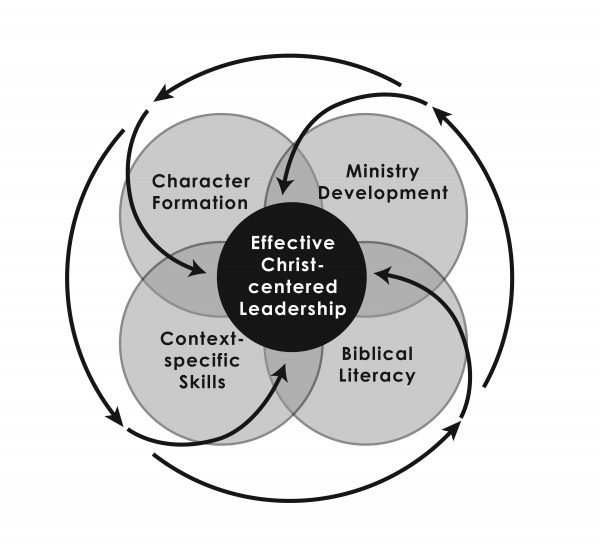Leadership Development
Over the past several weeks we have been looking at how the term “leadership development” means a lot of things to a lot of people and without a common understanding of terms we might get lost in the wild west of expansion. Last week we at Freedom to Lead defined Christ-centered “leadership development” as “adult-focused, intentional cultivation that seeks to establish and enhance effective Christ-centered leadership practices.”
However, merely having a working definition of leadership development is not sufficient to make the way forward. We need to size up the task before us.
Rick Sessoms in his book Leading with Story: Cultivating Christ-centered Leaders in a Storycentric Generation asks his readers to do this:
“Picture in your mind’s eye an emerging leader you know. As you think about him or her becoming all that God wants them to be, what will it take? What will be needed to make it happen? Answering these questions helps us get a better idea of the enormity of the challenge.”
If the ultimate goal of our intentional cultivation is “to establish and enhance effective Christ-centered leadership practices,” then what components should make up this discipline? What categories of development are essential in the process of cultivating leaders?
We’ve come up with four categories.
Four Categories of Leadership Development
1. Character Formation
This one is foundational, a non-negotiable that makes Christ-centered leadership possible. It addresses things like integrity, honesty, faithfulness, relationships, and the spiritual disciplines. But how many of us know of a pastor or other Christian leader who may have considerable skills but have questionable character? How many leaders are starting well, but finishing poorly in this regard? This is why character formation is crucial.
2. Biblical Literacy
Effective Christ-centered leadership needs to be founded on the Word of God, no question. Christ-centered leaders in storycentric communities must have an applied knowledge of essential doctrines such as the Trinity, sin, redemption, and the church. They could also benefit from having an understanding of church history and their place in this world.
3. Context-Specific Skills
If asked what qualities people look for in a leader, skill competency will be seen high on the list. These are not just any skills, but specific skills in a specific context. A pastor needs to learn how to do counseling and perform weddings, but a financial consultant may not need to. Instead, he would need skills in business, accounting, and so on. The leader at a faith-based adventure camp needs skills in things like rock climbing and white water rafting. These skills also need to be developed so that they can be performed in a specific context. What this means is that these leaders are dealing with real people in real places, not hypotheticals or in isolation.
4. Ministry Development
Finally, there is ministry development. We sometimes forget this one, but leaders need the competencies to serve the organizational aspects of their ministries toward healthy growth and progress. Crafting a Christ-centered ministry culture, leading healthy change, communicating well, mentoring effectively, peacemaking, stewarding resources, leading teams, leading strategically, and spiritual leadership are among the essential organizational competencies that effective, Christ-centered leaders need to master.
In your church or ministry, what would you say is your focus? Which of these categories do you emphasize in your programs?

You made a good point that leadership development is essential for building character. I’d like to know more about such training services because I’m planning to start my own company one of these days. I can imagine that I will need to find a successor if it ever takes off but I will need to be a good leader to get there in the first place.